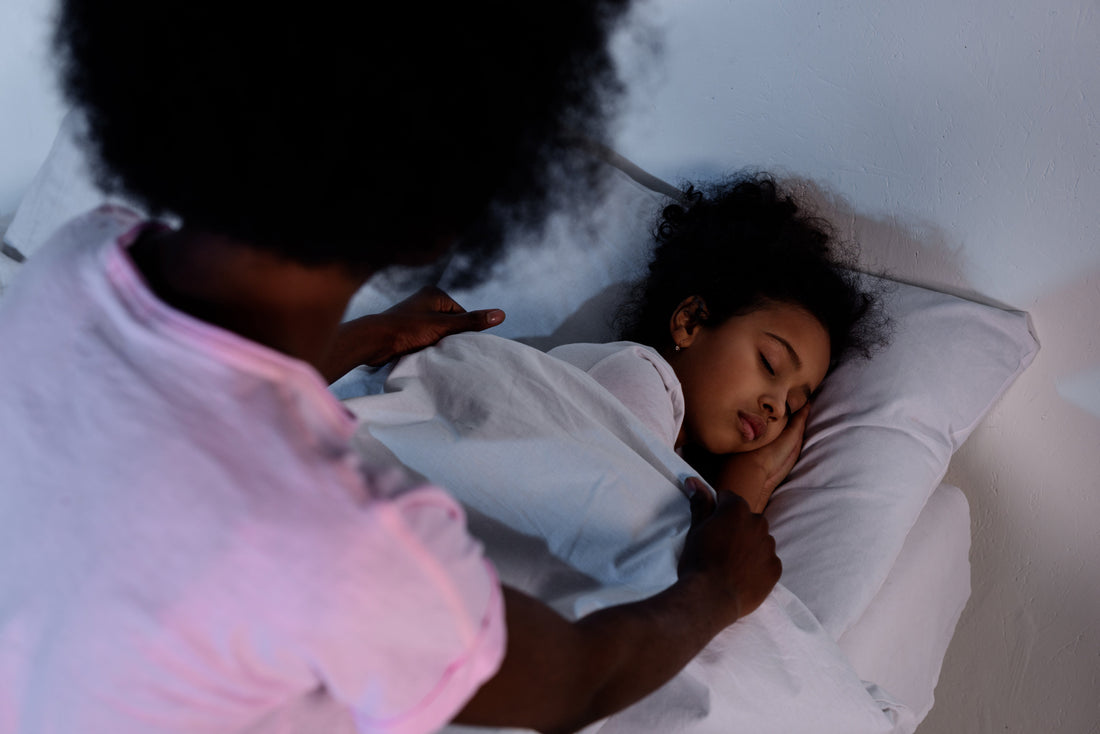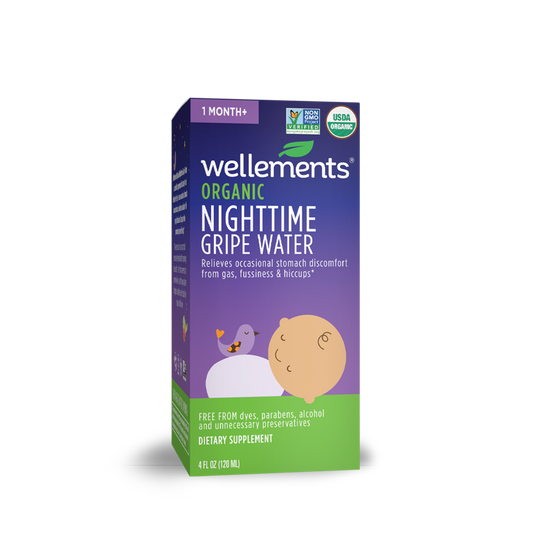How Much Sleep Does My Child Need?
| updated:Share

If you're a new parent, sleep is on your mind. Is your baby getting enough? When will your little one start to sleep through the night? Will you ever feel rested again? If you have older kids, your concerns are probably about whether their devices are keeping them up too late, compromising both health and school performance. With this guide to sleep, you can see whether your child is on track for his or her age and get some advice that will hopefully help everyone in your home get more sleep.
Sleep Patterns by Age
As your child develops from a brand-new baby to a preteen, their sleep needs evolve as well.
Newborn
In the first month or two of your baby's life, he or she will sleep between 15 and 18 hours a day. However, these ZZZs come in stretches of just two to three hours, so you might struggle with sleep interruption during this phase.
After about six weeks, your baby's short sleep intervals will extend to about four to six hours. Usually, those longer periods also begin to occur at night.
4.3 /
5.0
(42)
42
total reviews
Nighttime Gripe Water
Sale price
$12.49
3 to 6 Months
At this age, most babies need 14 to 15 hours of sleep each day. Your baby will probably have three naps a day and a longer stretch of sleep at night at this age.
6 to 12 Months
Many babies drop the third nap around 6 months of age, but should ideally still get about 15 hours of sleep. Your little one may also begin to sleep through the night at this age.
1 to 2 Years
Between one and two years, your baby may drop down to just one nap a day. From ages 1 to 3, children should still get up to 14 hours of sleep.
3 to 5 Years
For preschoolers, about 10 to 12 hours of sleep a day is healthy. At this age, many children still nap while others do not - it all depends what is best for your child!
6 to 12 Years
Kids at this age need 10 to 11 hours of sleep every night. Try to maintain a regular bedtime and wake-up time so your busy school-age child gets enough rest.
Signs Your Child Isn't Getting Enough Sleep
If your baby hasn't slept enough, he or she may seem overtired. Signs include losing interest in people and activities, yawning, fluttering eyelids, rubbing eyes, or pulling ears.
Toddlers tend to have meltdowns and tantrums when they need sleep. Mood swings in a child this age often occur just before naptime and bedtime. Many toddlers and preschoolers become hyperactive as fatigue sets in as they try to keep themselves awake.
School-age kids show exhaustion in different ways. Your child probably doesn't get enough sleep if he or she needs several morning wake-up calls, sleeps all day on the weekend, takes naps after school or frequently complains of feeling tired.
How to Implement Better Sleep Patterns
Good sleep habits can help resolve issues with your child's sleep at every age. Try these tips if you suspect your kids don't sleep enough:
- Establish a regular bedtime that ensures your child will get about 11 hours of sleep before school starts.
- Limit sugary and caffeinated beverages, especially after lunch.
- Turn off electronic devices at least an hour before bed.
- Emphasize physical activity and outdoor play for at least an hour every day.
Infants may struggle to fall asleep because of gas, colic or teething. With organic baby care products from Wellements, you can address these issues with safe, organic ingredients.



